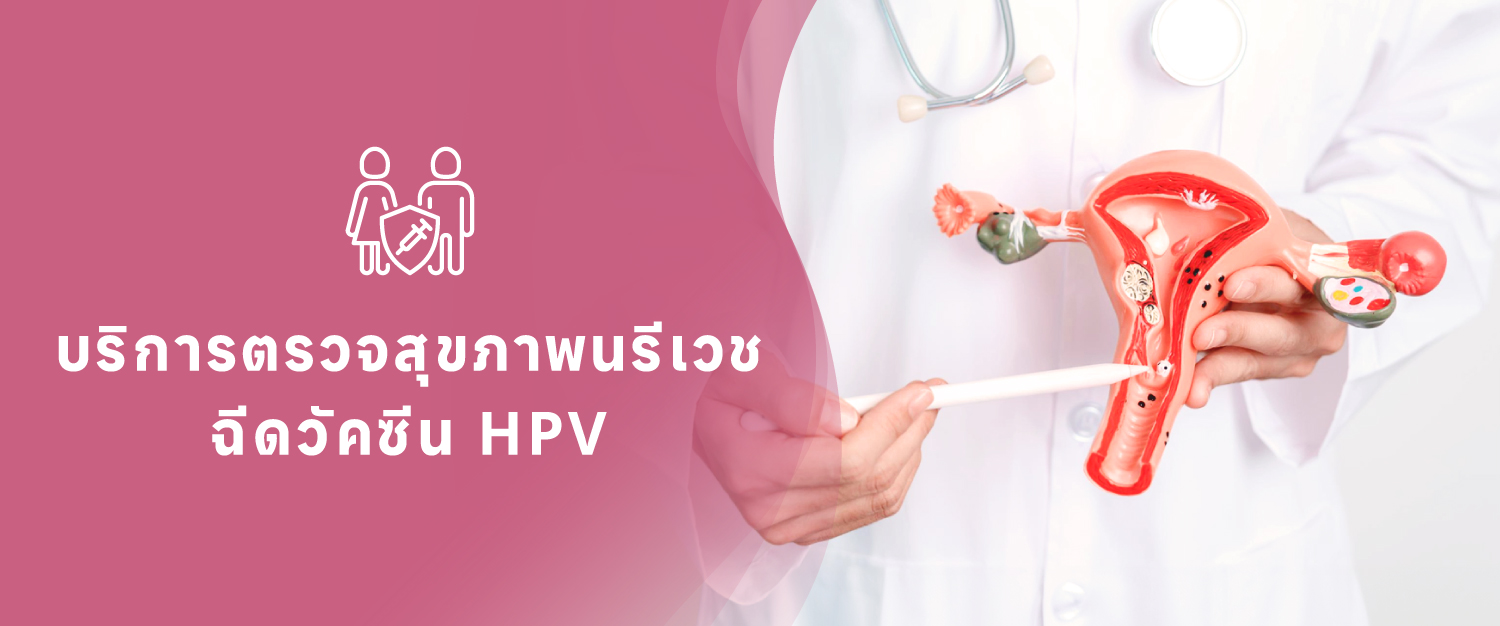
Gynecological examination/HPV vaccination service
Pelvic examination
A pelvic examination is an important test used to detect abnormalities in the female pelvic organs, including vaginal cervix Uterus oviduct andOvaries. During an internal pelvic exam, your doctor may recommend a Pap smear test to screen for cervical cancer.

Why do women need pelvic exams?
When should women start having pelvic exams?
It is recommended to start relevant screening at the age of 21. For women aged 21-65, a pelvic examination should usually be performed once a year and a Pap smear test should be performed every three years. The specific screening frequency needs to be combined with individual medical history, such as whether there is a relevant history of cancer in the family, whether the individual has had cervical cancer or ovarian cancer, etc.
In addition, when special circumstances such as pelvic pain, pain during sexual intercourse, abnormal vaginal bleeding or discharge, suspected sexually transmitted diseases, and pregnancy occur, you should seek medical attention promptly and have the doctor assess your needs for examination.
Preparing for a pelvic examination
Preparation before the examination
Inspection process
- The entire examination takes about 10 minutes. During the examination, you need to put on the examination gown, lie on your back on the examination bed, and place your legs in stirrups. The doctor will fully communicate with you first, explain the examination process, and relieve your nervousness.
- Visual inspection of the external area: Your doctor will carefully inspect the genital area for any redness, swelling, or other signs of irritation.
- Internal exam: Your doctor will insert forceps into your vagina and look inside your vagina and cervix.
- Physical examination: Your doctor inserts two gloved fingers into your vagina and gently presses on your abdomen with his other hand to determine the size and shape of your uterus and to check for any swelling or unusual growths.
- Pap smear and HPV test: Your doctor will use a swab to collect a sample of cells from your cervix and send it to a laboratory for cervical cancer screening. Results are usually available in 2-3 days or a week.
Post-inspection matters
HPV virus introduction
Human papillomavirus (HPV) is a virus with multiple subtypes. Currently, there are more than 100 known types, of which about 40 can cause human diseases. The more common HPV types 6 and 11 can cause genital warts, while HPV types 16 and 18 can cause genital cancer and anal cancer. There are currently no effective treatments or methods for HPV infection, but HPV vaccination is an effective way to prevent infection.
The HPV vaccines currently available in Thailand are mainly the following:
- The HPV vaccines currently available in Thailand are mainly the following:
- Quadrivalent HPV vaccine (covers types 6, 11, 16, and 18)
- Nine-valent HPV vaccine: Available in Thailand since 2020, it can prevent HPV infection more comprehensively than previous vaccines. It can prevent 9 HPV types, namely 6, 11, 16, 18, 31, 33, 45, 52 and 58, and is suitable for people aged 9 to 45 years.
Diseases preventable by the nine-valent HPV vaccine
Women aged 9 to 45:
Cancer: It is effective in protecting against cervical, vaginal, anal, rectal, and oral and throat cancers (caused by HPV types 16, 18, 31, 33, 45, 52, and 58).
Precancerous lesions: It can reduce the risk of precancerous lesions of cervical cancer, vaginal cancer and anal cancer caused by HPV types 6, 11, 16, 18, 31, 33, 45, 52 and 58.
Genital warts: Prevents genital warts caused by HPV types 6 and 11.
Males aged 9 to 45:
Cancer: It protects against colorectal, oral, and throat cancers (caused by HPV types 16, 18, 31, 33, 45, 52, and 58).
Precancerous lesions: Reduces the risk of anal cancer precancerous lesions caused by HPV types 6, 11, 16, 18, 31, 33, 45, 52 and 58.
Genital warts: Prevents genital warts caused by HPV types 6 and 11.
Nine-valent HPV vaccine is suitable for people
The nine-valent HPV vaccine is suitable for men and women aged 9 to 45. The vaccine is most effective when given before the first sexual intercourse and at an age when the body is more likely to build immunity. People who have had sexual intercourse can also receive the vaccine, but the immune effect may be reduced.
Common side effects of the nine-valent HPV vaccine
The nine-valent HPV vaccine is generally safe and serious side effects are rare. Some mild side effects may occur after vaccination, such as pain, swelling, redness at the injection site, as well as headache, fever, nausea, dizziness and fatigue. These symptoms are generally temporary and can be relieved on their own.
Contraindications of the 9-valent HPV vaccine
People with a history of allergic reaction to the vaccine or any of its components, especially severe allergies to yeast, should not get the vaccine.
Pregnant women are not recommended to receive the nine-valent HPV vaccine. Although there are no reports of adverse effects of the vaccine on the fetus or pregnant women, if you become pregnant before completing the vaccination, it is recommended to suspend the vaccination and continue to complete the remaining injections after delivery. However, breastfeeding women can receive the nine-valent HPV vaccine.
If I have already received 3 doses of bivalent or quadrivalent HPV vaccine, can I get the nine-valent HPV vaccine?
Clinical studies have shown that it is safe to receive the nine-valent HPV vaccine after three doses of the two-valent or four-valent HPV vaccine. However, it is necessary to complete the nine-valent HPV vaccine series according to the procedure after the last injection of the two-valent or four-valent HPV vaccine. The doctor will evaluate the appropriateness and necessity of the final vaccination based on the specific situation.